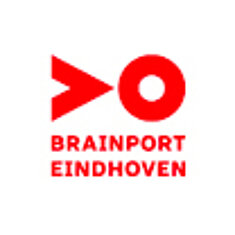ASML is booming, and so is the region 'We are working hard on increasing our production capacity'
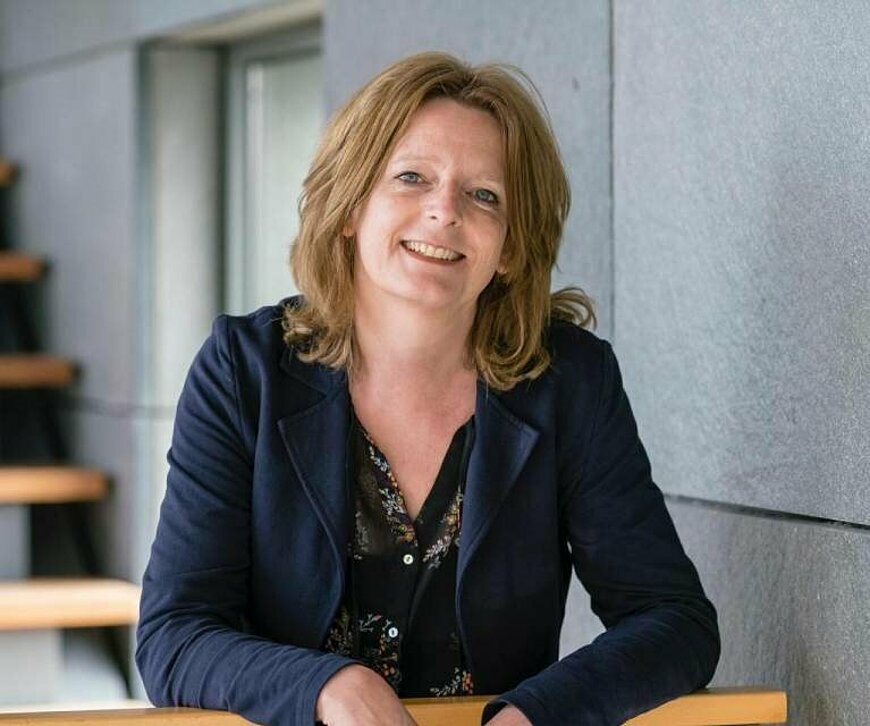
The RepTrak Company investigates the reputation of companies in over sixty countries. Four companies from the Brainport region in the Netherlands are in the top six. This series examines how they achieved this and where the key to a good reputation can be found. In this instalment: ASML.
"We are working hard on increasing our production capacity," ASML boss Peter Wennink announced last month during the presentation of the quarterly results. The Veldhoven-based chip company is still unable to meet the high demand which exploded during the corona pandemic. Many sectors are suffering from chip shortages; the world has become dependent on the semiconductor industry to supply chips.
Huge responsibility
A huge responsibility rests on the shoulders of ASML, which grew from being a Philips spin-off to becoming the market leader in the field of lithography machines. Chips are in everything and demand for them is greater than ever. The company is the only manufacturer in the world that makes EUV machines, which are used to produce state-of-the-art microchips. ASML is currently looking at how they can substantially increase their overall production capacity and how suppliers can grow along with them.
Consequently, ASML is eager to step things up a few gears. One of the biggest questions that this raise is whether the region will be able to grow with it, says Monique Mols, head of media relations. "People in the region have always been proud of ASML, especially when the economy was in decline in the Netherlands. But now we are so big that we have to think about how we can absorb that growth, because growth also comes with drawbacks. The traffic around our location in Veldhoven is getting busier, the schools are filling up, more and more internationals are coming to live in the region, buying a house is becoming much harder for everyone. We also deal with all these issues.”
Mols is beginning to feel that responsibility more and more keenly. "We are regarded very differently than how we were ten years ago. Everything we say is scrutinized under a magnifying glass; we can no longer behave like a start-up. Working together with partners in the region is very important to facilitate growth. For starters, we invest in sustainable mobility and discuss problems in housing with the government and others. In principle, ASML is willing to contribute to the realization of new housing in the region in a public-private partnership.”
‘A good neighbor’
To get the region on board, Mols is convinced that it's important to be ‘a good neighbor’. "We’re part of the region in which we have grown up. Contact with our surroundings is important to us, we take responsibility for that." That's why eight years ago, Mols started organizing Neighborhood Evenings, where local residents are given a tour and can discuss things. ASML is active in the region, including as a partner of the PSV and Van Gogh football teams. What's more, the company organizes tutoring in science subjects. Recently, ASML announced to offer Mad Science tech classes to all elementary schools in the region. "Those kinds of initiatives are only set to become more important as a way of strengthening the bond with those around us."
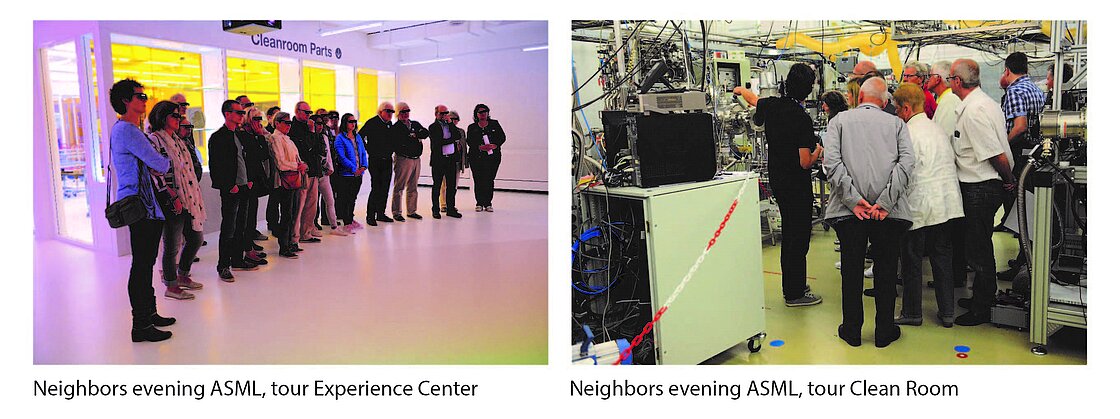
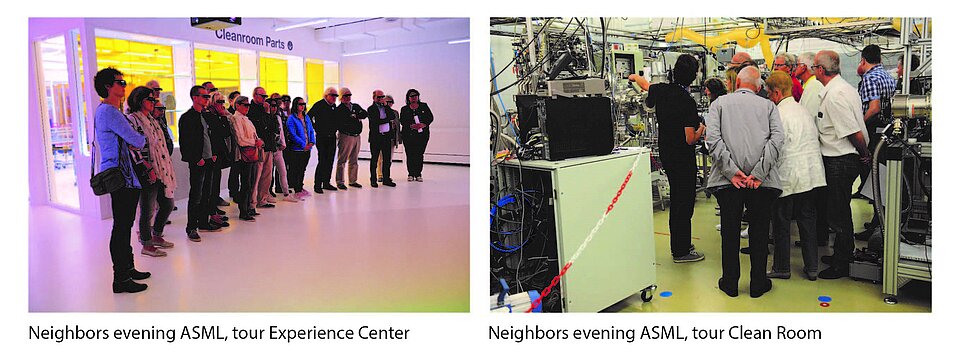
A whiff of innovation
Social awareness is also reflected in the company's reputation. They came in second (again) in the 2022 RepTrak ranking this year. “The reputation of ASML is not a product of our communications department. Every colleague who cycles away from campus here is an ambassador for the company."
Mols thinks that for outsiders, there is a whiff of innovation that surrounds ASML, but that there are also still plenty of people who have no idea what the company does exactly. "We are therefore able to show that even more clearly. But whether you need to be mentioned in the newspaper every week? - I don't think so."
Politicians increasingly know what ASML actually does and what is happening in the Brainport region, Mols reckons. “And that’s important, because without the right support from The Hague, it becomes difficult to keep growing. So, it is very important to communicate our story and that of the Brainport region effectively and to show the importance of the region for the Netherlands, together with our partners."
Nanci Hogenboom, head of the employer brand department, is dealing with another major challenge: attracting new talent. The unique selling point?
"When you work at ASML, you are writing the textbooks of the future. What you do here, you cannot learn in school."
The level of engagement among the current 32,000 employees is also an issue. " An important question is: how do we retain the good parts of our culture and identity, while also becoming a more inclusive and international company?" That's why Hogenboom and the HR team are doing research on employee engagement, but are looking at various practical issues too. For example, the ASML restaurants not only offer cheese sandwiches with a glass of milk, but also Asian, Indian and South American dishes. "That's how we show people that they are welcome and that we are thinking of them."
Extreme cooperation
Hogenboom has worked at many different companies in the United States and elsewhere, but notices that at ASML, there is an extreme level of cooperation that she hasn't encountered before. "If a problem needs to be solved, ten people from different companies get together in no time to tackle it. That’s really something innate to the Brainport region." Whereas switching gears used to happen very organically, that’s becoming increasingly difficult now that ASML is growing so fast, Hogenboom notes. "We now have to include this structurally in our business operations. That takes some getting used to, but it is important, because we definitely don't want to lose that ability."
"That does indeed apply to so many things at ASML," Mols adds. "For innovation, you need a certain amount of freedom, people need to be able to be a bit headstrong. The question is how can we preserve that, while at the same time organize ourselves more efficiently. Because that is also essential if you want to keep growing."
Mols also agrees that cooperation in the Brainport region is impressive. The fact that ASML sprang from Philips is a case in point. "In the beginning, we didn't have the capital. That's where both Philips and the government helped out by providing innovation loans. Besides that, over the years we have built up a large network of suppliers. We weren't able or willing to do everything ourselves. That has grown into a wonderful system of suppliers where Brainport plays a pivotal role."
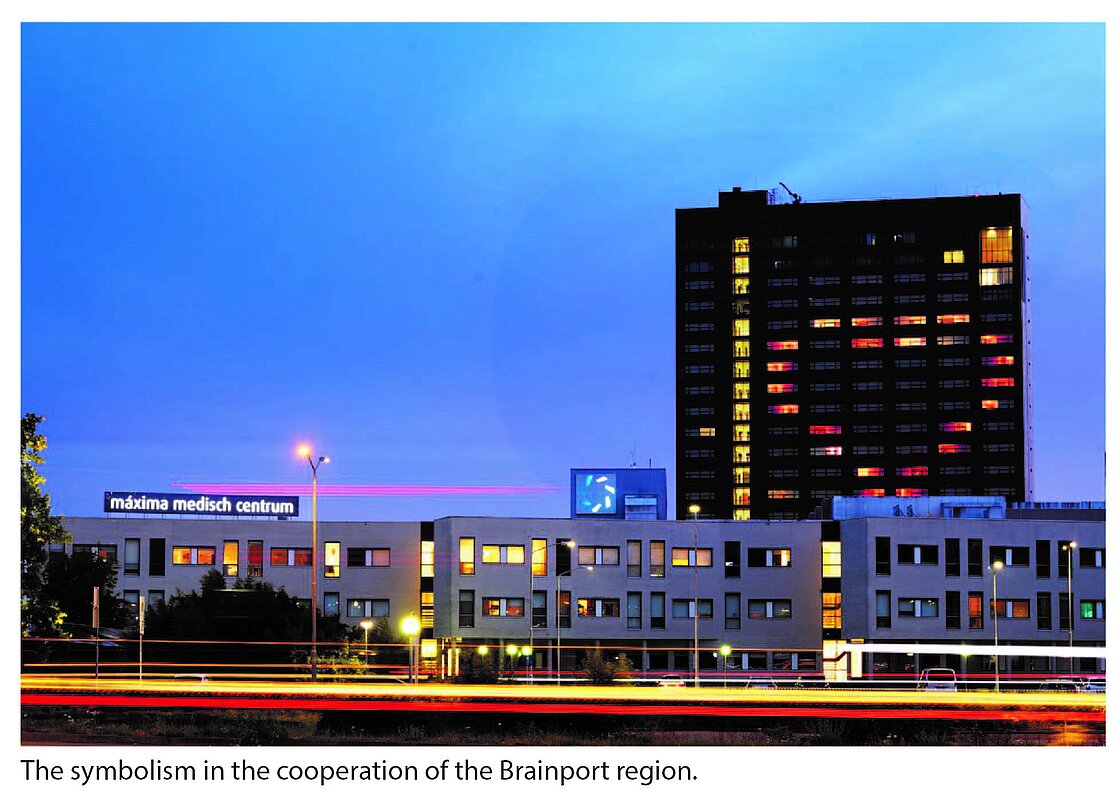
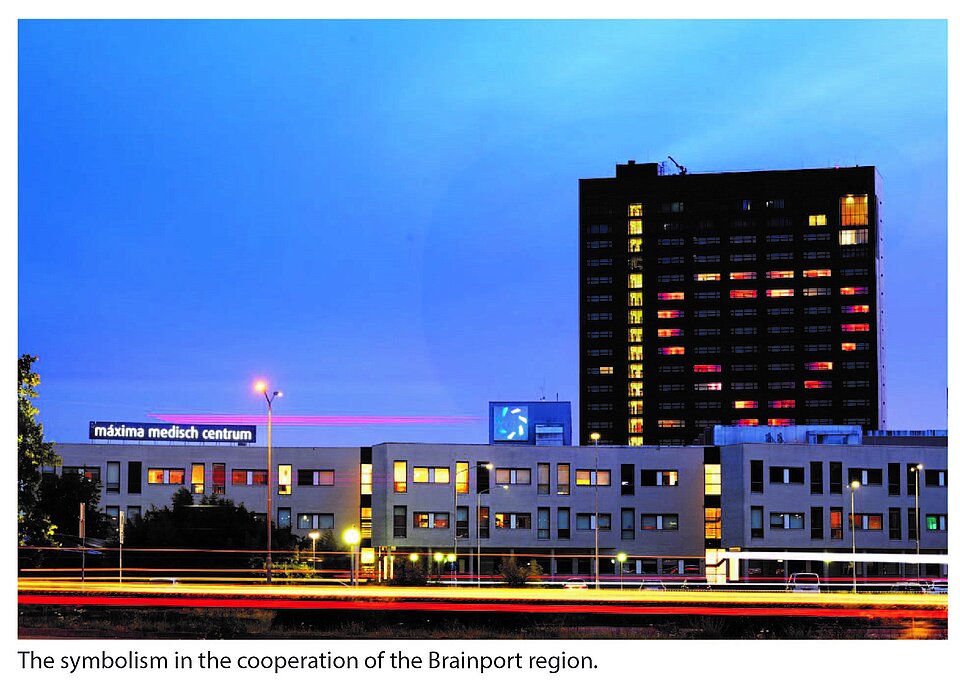
It is within that position that Brainport is thinking about how to create broad prosperity in which everyone from the region is a part of. “Being smart is not necessarily about having a PhD, but wanting to be part of something that is bigger than yourself. That societal approach is indispensable. You can't be successful if your environment is not."
